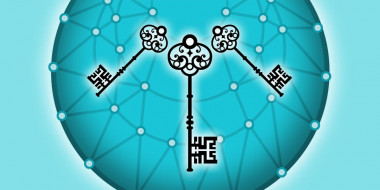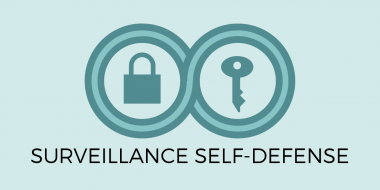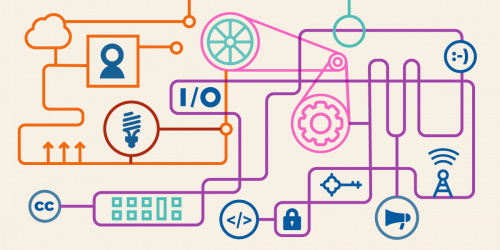Computer security and the lack of computer security is a fundamental issue that underpins much of how the Internet does (and doesn't) function. Many of the policy issues that EFF works on are linked to security in deep ways including privacy and anonymity, DRM, censorship, and network neutrality.
EFF works directly on a wide range of security issues including increased deployment of cryptographic protocols through projects like Certbot; improving the security of those protocols; offering legal assistance to researchers through our Coders' Rights Project; offering practical security advice to activists through the surveillance self-defense project; and working on the development of new security standards.
Security Topics
Security Highlights
Encrypting the Web
Banner Graphic:
Resource
Surveillance Self-Defense
Description:
Surveillance Self-Defense is EFF's online guide to defending yourself and your friends from surveillance by using secure technology and developing careful practices.









